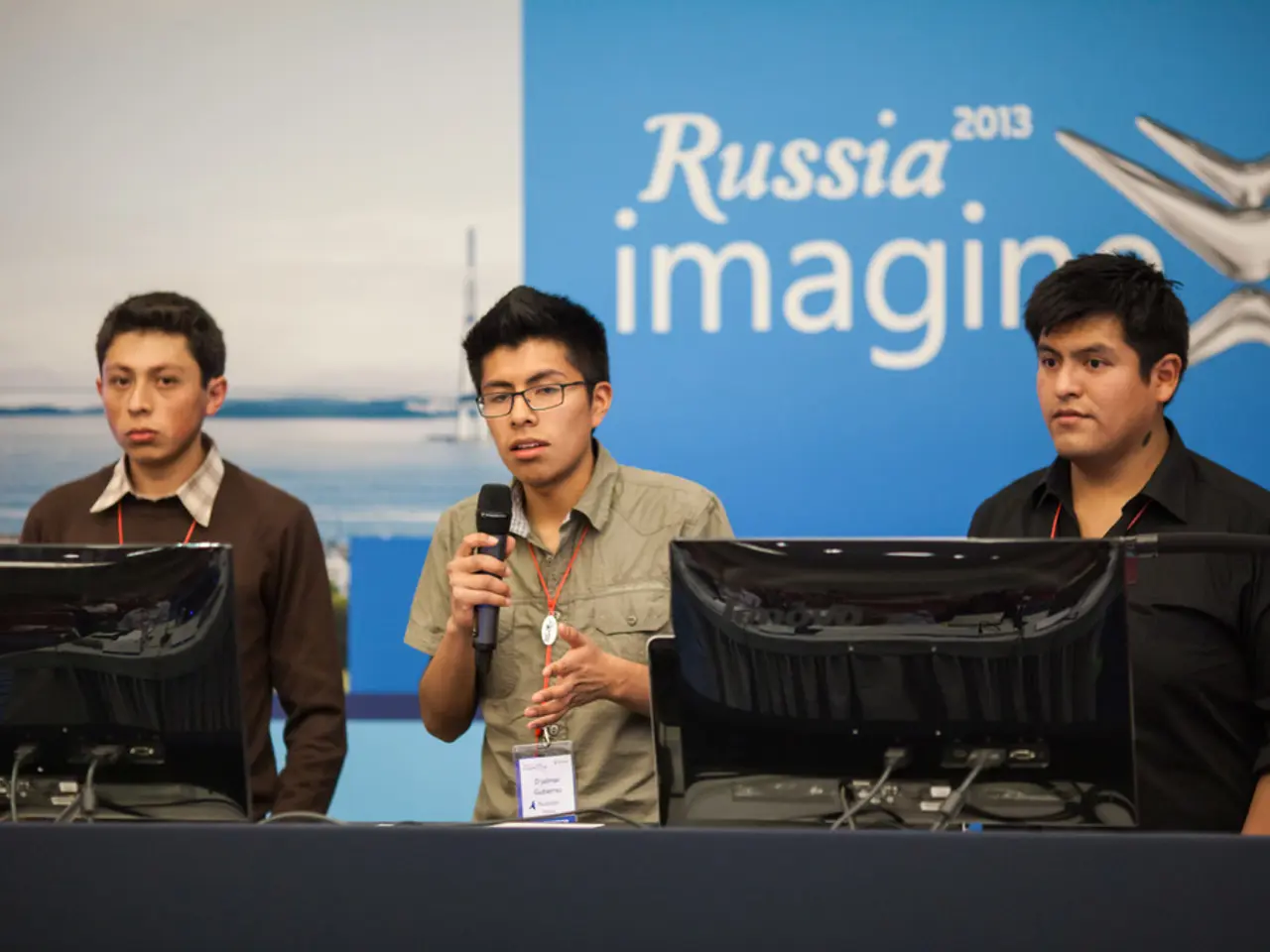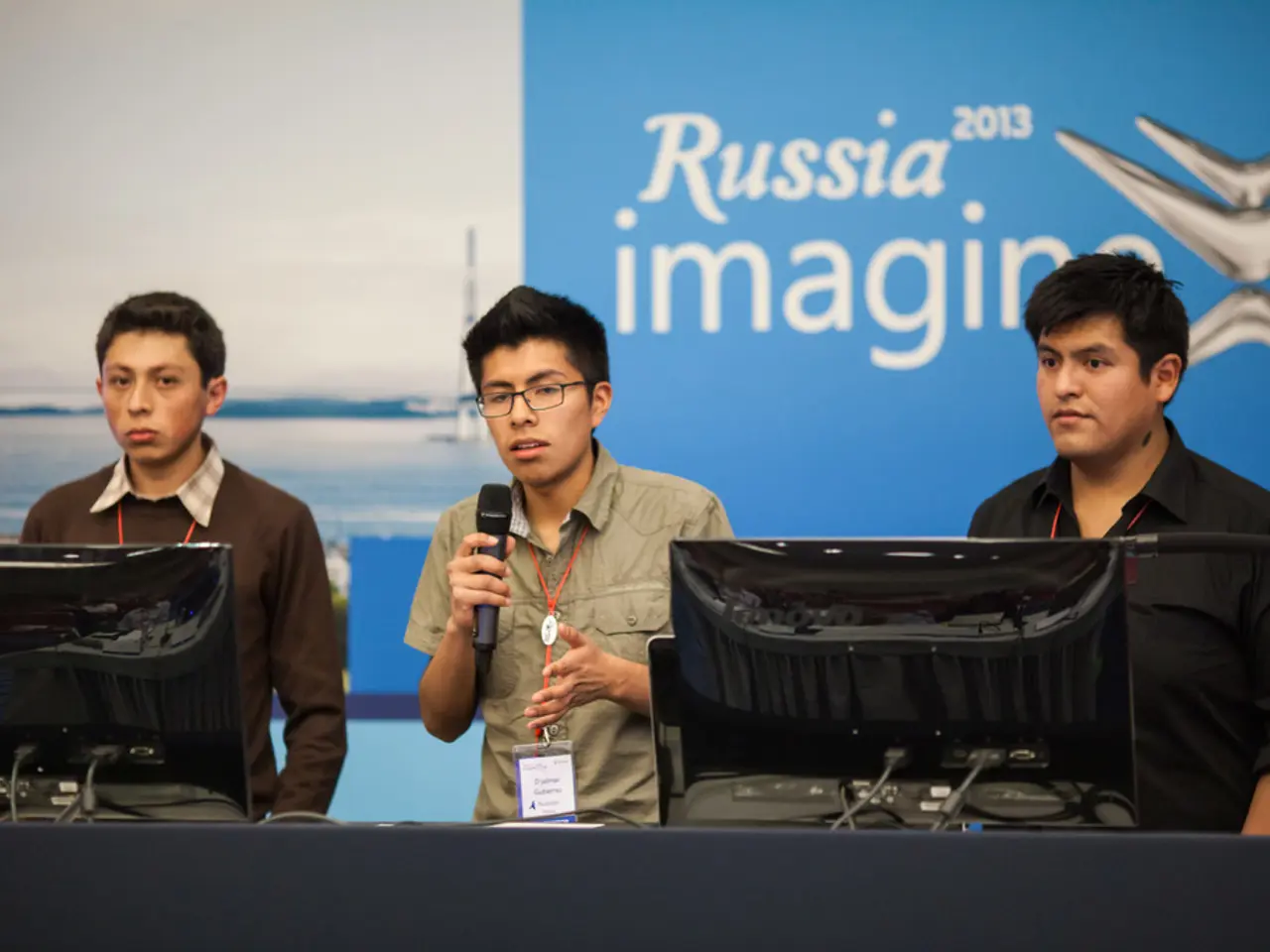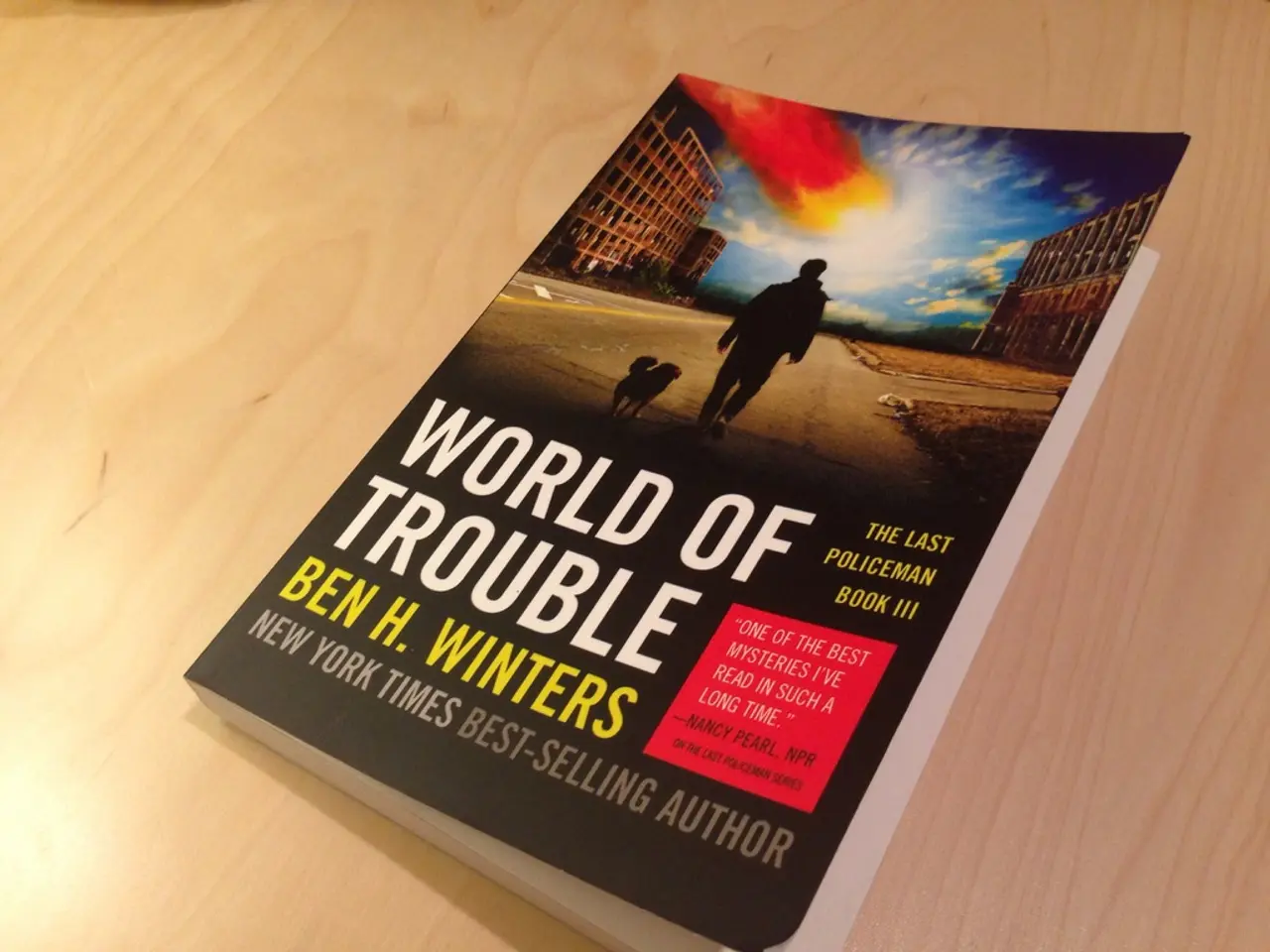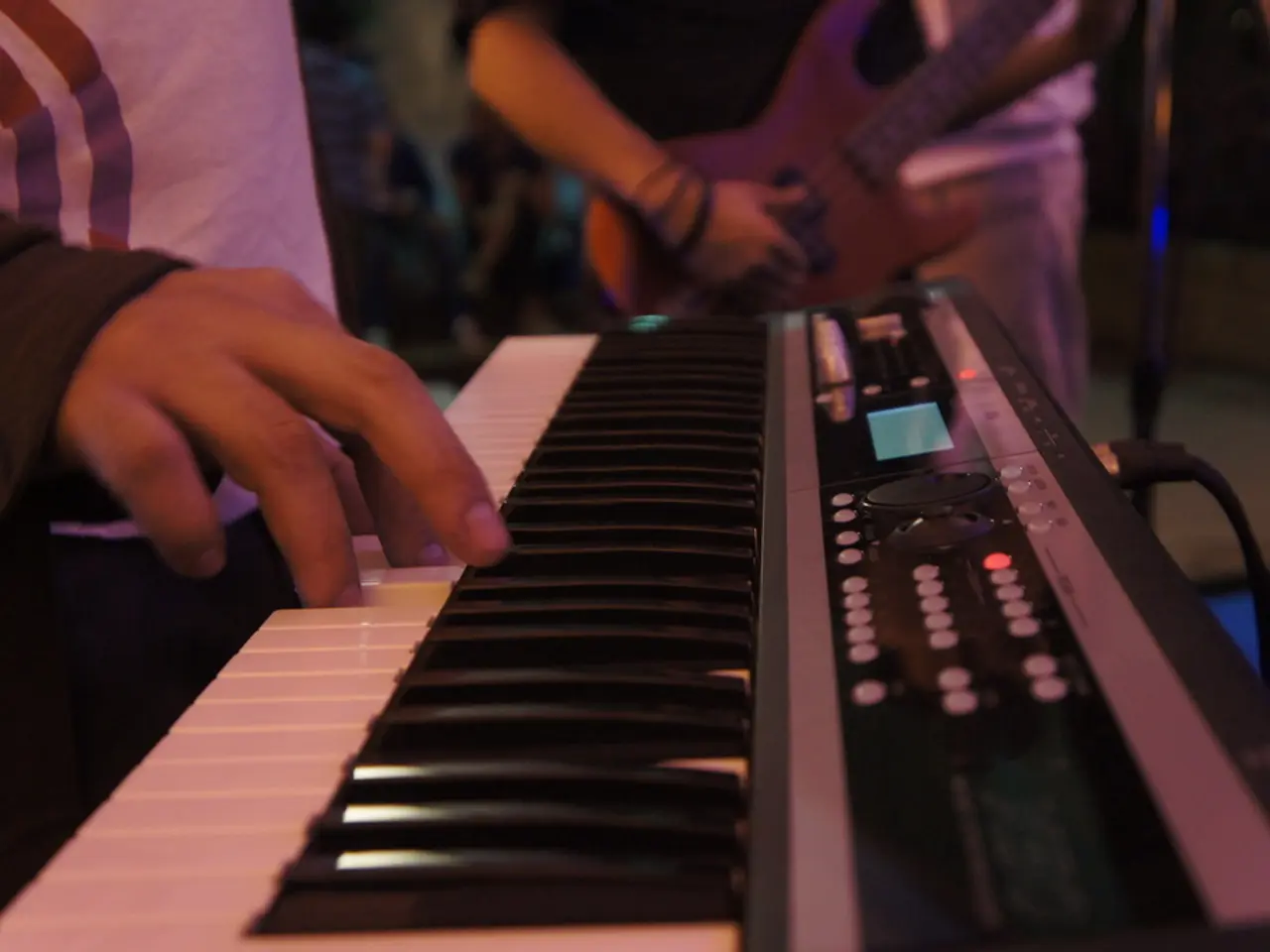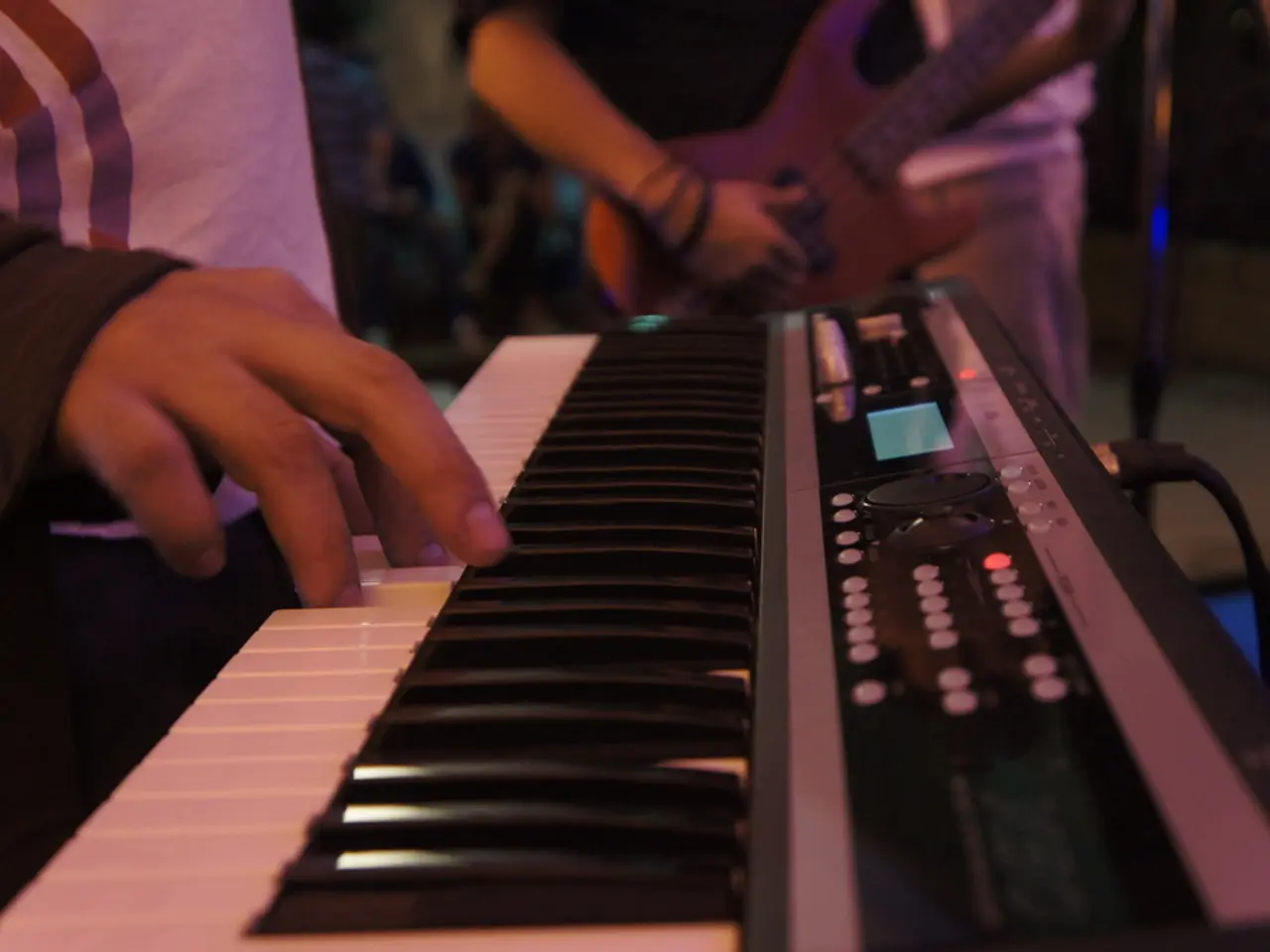Georgian Dream's actions aim to dismantle the nation and leave people bereft of their native land, according to Saakashvili.
In a heated exchange at the Mukhatgverdi Brothers Cemetery, former President Mikheil Saakashvili and Bidzina Ivanishvili's Georgian Dream party found themselves at odds, fueling the ongoing political turmoil in Georgia.
The current political climate in Georgia is deeply polarized, marked by accusations of authoritarianism against Ivanishvili’s ruling party and ongoing repression of Saakashvili’s pro-Western opposition. This tension is rooted in the legacy of the August 2008 war with Russia and debates over Georgia’s sovereignty and Euro-Atlantic integration.
On one side, Ivanishvili, a billionaire with close commercial ties to Russia, has been accused by the opposition and civil society of increasingly authoritarian behavior and tilting Georgia toward Moscow. His party has passed restrictive laws, such as the “foreign agent” law, targeting NGOs and the media critical of the government.
Saakashvili, on the other hand, has been subjected to legal probes considered politically motivated by Ivanishvili's camp. Opposition parties aligned with Saakashvili have been jailed or marginalized, and accusations of electoral fraud in 2024 strongly divide political camps.
The war in August 2008 against Russia remains a central narrative in Georgia’s political discourse. Saakashvili is often criticized by Georgian Dream and its supporters as having dragged Georgia into war under Western influence, which Ivanishvili’s camp uses to frame Saakashvili as a destabilizing figure manipulated by external powers.
The war and its casualties are invoked in public symbolism and political memory battles. Murals and portraits of Georgian victims of the 2008 conflict prominently display in Tbilisi, reflecting continuing societal divisions and the fight to control the national memory about sovereignty and resistance to Russian aggression.
In late 2024, under Ivanishvili’s government, Georgia suspended EU accession talks and rejected EU financial support until 2028, further intensifying protests and political unrest. Saakashvili’s supporters strongly opposed this pivot away from Western integration, viewing it as an erosion of Georgia’s sovereignty and independence in the face of Russian pressure.
Since 2024, Georgia has seen large-scale protests against Georgian Dream’s governance and authoritarian laws, including reprisals against opposition politicians connected to Saakashvili. These moves are viewed as attempts to consolidate power while rewriting history and undermining the narrative championed by Saakashvili and his allies about Georgia’s sovereignty and democratic path.
In his latest social media post, Saakashvili called for an unrelenting, selfless struggle, urging an urgent change of the regime. He accused Ivanishvili's "talking puppets" of making statements aimed at destroying the Georgian state and predicted a glorious victory. His commitment remains steadfast, as he vowed to ensure the sacrifices of those who died in the 2008 and Abkhaz wars are not in vain. He also emphasized the importance of proving love for Georgia and breaking the Russian yoke.
In response, Irakli Kobakhidze, a key figure in Georgian Dream, referred to August 8 as a tragic date and a betrayal committed by the then government. He highlighted the importance of a government guided by national interests rather than external influence and stated that August 8 serves as a reminder that Georgia must be led by a sovereign government.
This latest exchange underscores the ongoing struggle over Georgia’s identity, sovereignty, and geopolitical orientation. Saakashvili represents the pro-Western, democratic reformist vision grounded in the memory of resisting Russian aggression in the 2008 war, while Ivanishvili’s Georgian Dream pursues a more Russia-tilted, authoritarian model that challenges that legacy and Georgia’s Euro-Atlantic ambitions.
- The ongoing political unrest in Georgia is rooted in war-and-conflicts, such as the August 2008 war with Russia, and the resulting policy-and-legislation, with each faction advocating for a different geopolitical orientation.
- The heated debates over Georgia’s sovereignty and Euro-Atlantic integration, evident in the recent exchange between Mikheil Saakashvili and Bidzina Ivanishvili’s party, are deeply embedded in the general-news landscape of Georgian politics.

